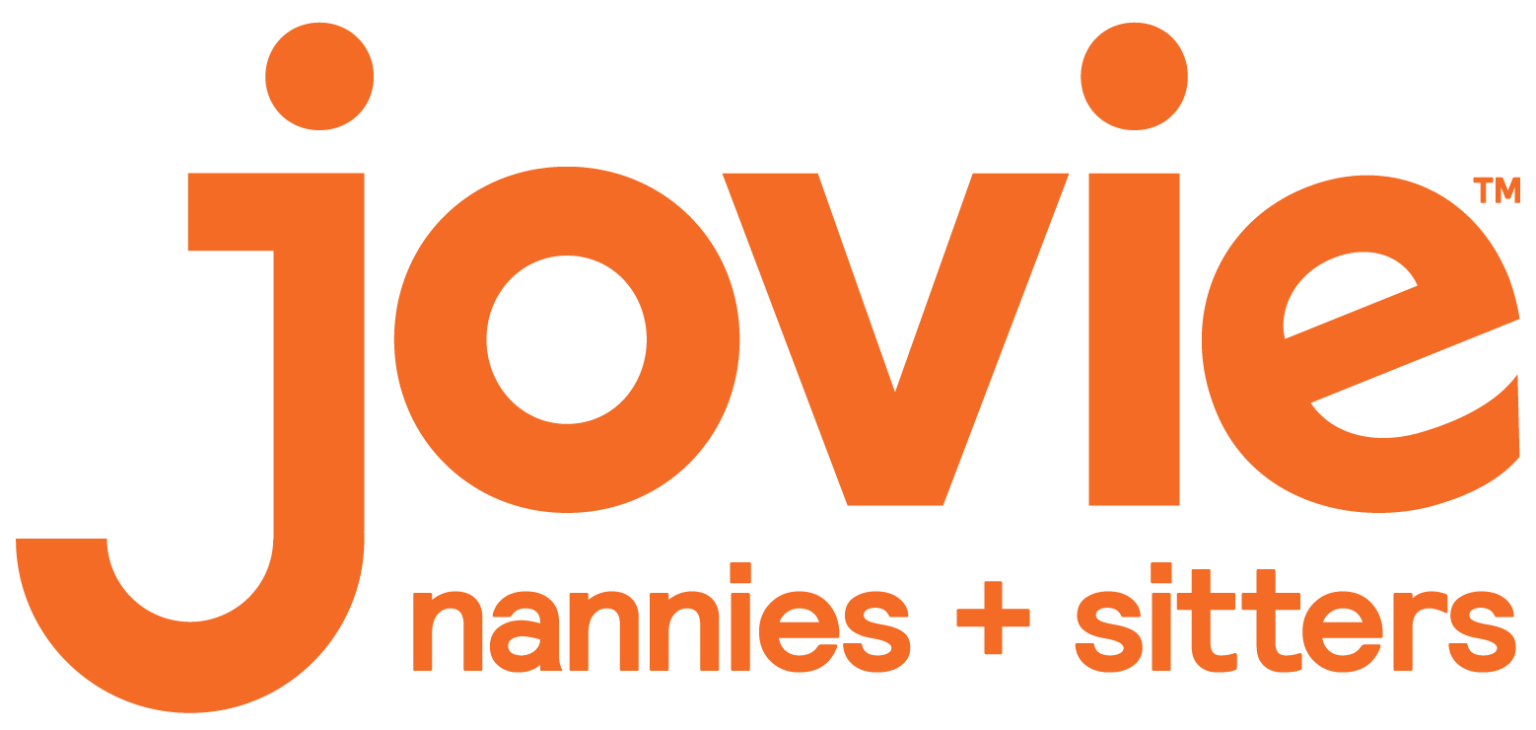Families call us back when they feel confident that their nanny communicates clearly. Little gaps in communication — like a missed detail at pickup or a forgotten update — can cause big problems. Sharing important information, such as daily updates, schedules, and any concerns, ensures everyone stays informed and helps avoid errors.
Why Better Communication Matters for Nannies
After working with caregivers for 15 years, we’ve learned that keeping kids safe is table stakes. And the nannies who get great feedback? They’re the ones who get down the child’s level and actually listen to every single word, listening to and acting on parent instructions, making a real connection.
When it’s 118 degrees and you’ve got kids bouncing off the walls because they can’t go outside, the ‘I’m bored!’ tantrums can start before lunch. In those moments, clear communication is a lifesaver. Then there are high military relocation rates, and snowbird grandparents visiting seasonally. Kids feel all of that, even when parents think they’re hiding it well.
“I appreciate all of your hard work & communication Julie. I know it is not easy to be inside during the hot AZ summer, I appreciate you keeping everyone safe, entertained, and on track with their chores. Thank you :)” – parent in Glendale AZ
We’ve seen it many times: the way a nanny handles a toddler’s tantrum or a parent’s concern often decides whether the family sees them as short-term help or someone they trust for years. It’s not always easy to know when to step in or how to bring up a tough subject with parents, but being clear, empathetic, and professional makes all the difference.
One thing we’re proud of at our office is that we rarely hear complaints from families about communication. That’s because we set the expectation early that open, honest communication is part of the job.
Here are five simple communication habits we’ve seen make the biggest difference for nannies and families in our community:
- Active listening techniques that prevent behavioral issues from escalating
- How to ask clarifying questions that show professionalism
- Body language secrets that help children feel heard and understood
- Clear messaging strategies for families
- When and how to have difficult conversations with parents
These relationship building habits will change how you are perceived and help you build the relationships that lead to long term nanny positions in our regional childcare market.
Essential Communication Foundations Every Nanny Needs:
- Clear handoff protocols with parents
- Daily update systems (text, app, or notes)
- Emergency contact procedures
- Discipline boundary agreements
- Activity and screen time guidelines
Here are 5 communication strategies that work:
1. Actually Listen (Not Just Wait for Your Turn to Talk)
When we get a chance to see our nannies at work during group childcare at a conference or meeting event, we can spot differences right away. Some just have that natural connection with kids, while others struggle. The ones who connect? They give kids their full attention, and you can see the kids relax and open up immediately.
After 15 years of childcare placements, we’ve seen those who are best working with kids share several things in common, one of them is they actually listen to kids’ stories, no matter how rambling. A four-year-old is telling you about their elaborate dream involving a dinosaur and a sandwich, and you’re mentally planning what to make for lunch. Kids have built-in BS detectors—they know when caregivers are checked out.
Real listening isn’t just nodding while you wait for your turn to talk. It’s putting your phone where it can’t be seen, getting down to their eye level, and actually caring about what they’re saying. Half the time, they don’t need you to fix anything. They just want someone to think their weird story is important. Taking time to understand the child’s routines and needs helps you connect on a deeper level.
Kids know when you’re really listening, and so will parents.
Your job isn’t just keeping everyone alive until parents get home. You’re often the person kids turn to when they’re confused, excited, or having a rough day.
As Katelyn Proffit, an on-call nanny, Pre-law student and a Grand Canyon Civic Institute fellow at Grand Canyon University, puts it: “Working closely with families has taught me how to adapt to different personalities and needs, enhancing my ability to connect with people from various backgrounds.”
This kind of meaningful connection doesn’t just benefit the children, research shows caregiving provides significant brain health benefits for caregivers too. When children share feelings, thoughts, or worries, pay attention to more than just the words. Their tone, facial expressions, and body language reveal the full story. Being aware of these non-verbal cues helps you better understand what the child is really feeling.
Truly absorb what they’re saying—including what they’re not saying. Kids often don’t need solutions; they just want someone to care about their weird dreams or friend drama. This genuine attention helps build their confidence in you and deepens your connection with them.
When kids tell you something important, jotting down the details can help you remember and show you value what they say. Create a log or notes to keep track of these moments and ensure nothing gets overlooked.
Of course, when emotions do escalate into full meltdowns, having techniques for calming child tantrums in your toolkit becomes essential.
Checking in with kids regularly and responding to their concerns provides valuable feedback, helping you adjust your approach and make them feel secure.
In our own experience, kids relax and share more when they see your paying real attention.
2. Ask Questions Right Away (Before Parents Drive Off)
When parents are rattling off instructions while grabbing keys and coffee, don’t just nod along hoping everything was caught; it likely wasn’t. Take a moment to discuss any concerns or details about the family’s routine to ensure you fully understand and can adapt to their daily life.
Saying “Wait, so bedtime is 7:30 or 8:00?” isn’t annoying, it’s professional. Clarifying the exact time or date for routines helps avoid confusion. Parents would rather spend 30 seconds clarifying than come home to a cranky kid who stayed up too late.
One client wrote to us about how she loved that her nanny asked about her daughter’s routines right up front. It showed she cared about the details.
“She was thorough in asking questions about my daughter’s schedule, routines, likes/dislikes, etc. She was a good communicator. She exercised decision making skills when necessary.” – Arizona Parent
Another Phoenix parent appreciated the same attention to detail:
“She was on time and asked questions to make sure that she would be able to best take care of our children. She was very specific and checked in with us when we were out and gave detailed updates.” – parent in Phoenix
Plus, kids notice when nannies ask good questions. It shows them that getting clarity isn’t embarrassing, it’s smart. Make sure you have access to all necessary information or permissions to do your job effectively.
Questions to Ask Before Parents Leave:
- “What time is bedtime, and what’s the routine?”
- “Are there any foods or activities that are off-limits today?”
- “How do you handle tantrums/discipline?”
- “When should I text updates?”
- “Who do I call if there’s an emergency?”
The right question at the right time can prevent a small issue into becoming a family drama.
3. Have Real Conversations About Real Problems
It’s tempting to send a quick text, but serious things are better handled in person or with a call. These situations include: behavior issues, major schedule changes, or anything that might make parents defensive. Avoid placing blame in your messages; instead, focus on expressing your feelings and needs constructively.
When Face-to-Face Communication Prevents Problems:
- When a parent texts “Emma had a rough day” – A phone call reveals whether it’s typical 4-year-old behavior or something requiring your attention tomorrow
- When discussing a child’s new fear of bedtime – You can demonstrate the gentle approach that worked, rather than trying to describe it in text
- When parents seem frustrated about screen time – Face-to-face lets you gauge whether they want stricter limits or just need reassurance you’re following their rules
- When a child reports “Mommy was crying” – A conversation helps you understand if it’s divorce stress, work pressure, or just a tough day, so you can respond appropriately
- When schedule changes affect multiple families – Group discussions prevent the telephone game of mixed messages about pickup times or activities
We’ve also seen text misunderstandings where words are misspelled, incomplete thoughts or missing details damage otherwise potentially great nanny relationships. When discussing behavior issues or schedule changes, tone of voice and facial expressions prevent the defensiveness that kills honest conversation.
If in person isn’t possible, pick up the phone. A nanny’s voice carries warmth that texts can’t, allowing more honest conversations and better relationships.
4. Mind Your Body Language (Kids Notice Everything)
Kids notice everything. They catch every eye roll, heavy sigh, and distracted phone check while they’re trying to tell you about their day. There’s no hiding it, they’ll trust what your body says way more than your words.
Albert Mehrabian, explained in his book Silent Messages (available via Open Library), “When there is inconsistency between words and nonverbal cues, people tend to trust the nonverbal message more.”
With kids, this is even more true. They’re reading your face like it’s their favorite book.
Simple body language tactics that will help open conversation:
- Look at them when they talk – not over their shoulder at the TV
- Keep arms uncrossed – nothing says “I’m judging you” quite like crossed arms
- Get on their level – literally sit or squat down for important conversations
- Watch facial expressions – kids are experts at reading expressions
When your mouth says “I care” but your shoulders are tense and you’re tapping your foot, guess which message wins? The body language, every time.
Placing a gentle hand on the shoulder during a meltdown says “you’re not alone” louder than any words could. Relaxed shoulders during homework struggles send the message, “we’ll figure this out together” before you even open your mouth.
Your body language sets the tone for everything. Make sure it’s saying something good, because the kids are definitely listening.
“My kids enjoyed her company and felt very comfortable.” – another parent in Phoenix AZ
5. Follow Through with Actions (Not Just Words)
Families notice nannies who not only listen well, but act on what they hear.
Follow-through examples:
- When you say “I’ll help you with that,” actually do it
- If you promise to tell parents about their day, write it down and share it
- When kids ask questions, give them real answers or find out together
- Keep your word about activities, consequences, and routines
- Use scheduling tools or reminders to ensure you keep promises about planned activities or appointments
When a child mentions they’re worried about a test, check in about it later. When parents ask for updates, provide them consistently and this builds confidence in you and keeps parents involved in their child’s experiences.
“Julie communicated very well with me about my children. She provided frequent updates during the day and a brief summary during hand-off. She left me a detailed note which I appreciated. – parent in Glendale AZ
Families really notice when you follow through on what you promised. Kids learn they can believe in what their nanny says because there’s always follow-through.
“Tianna was great! She followed our instructions and communicated great. Would love to have her back.” – Valley parent
Putting These into Practice
We’ve seen it time and again that soft skills matter as much as childcare skills. Listening, asking good questions, having real conversations, being mindful of your body language, and following through — those are what make a nanny part of a family’s life, not just a name on a schedule.
Using these strategies supports long-term career growth and professional development as a nanny. These are just one piece of a well-rounded professional toolkit that will help set you apart.
Adopting technology, such as our childcare mobile app, can help streamline business operations, manage daily tasks, and enable real time sharing updates with families. Mastering these skills not only benefits a nanny’s current role but also prepares them for future opportunities in the childcare business.
When nannies listen well, ask good questions, and let their body language back up their words, they build the kind of strong relationship that helps parents truly relax. In a world full of distractions, families notice when a nanny makes real, face-to-face connections with their kids.
Be part of a team that puts real conversations first. Join the Jovie of North Scottsdale team. We support nannies in their professional journey, help them develop good soft skills, get access to valuable resources and opportunities designed to help them thrive.
Since 2010, we’ve worked with families across Phoenix and Scottsdale, and we’re proud to say our commitment to staying connected is why we consistently build lasting relationships. Apply today and be part of something meaningful.












